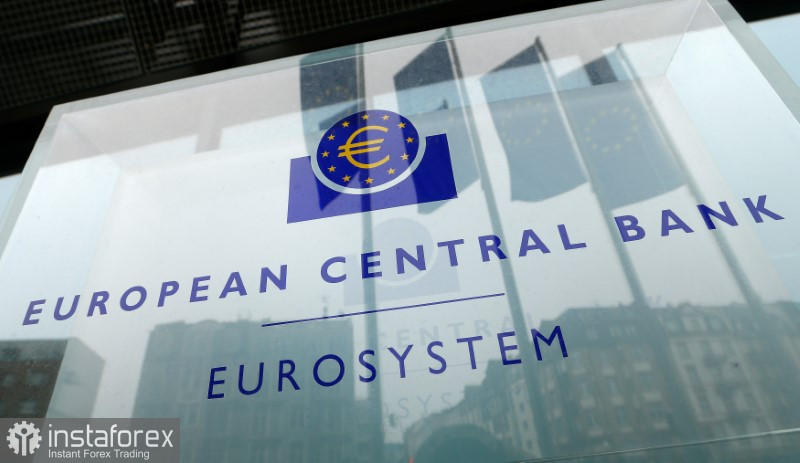Euro hovered at monthly highs after some ECB members hinted at a lesser rate hike next month. Of course, inflation will play a key role, but although prices have not slowed down lately, at least there is no significant upward spurt.

With no momentum for another 75 basis point move, the European Central Bank could hold off on further aggressive policies, which will pull euro down as there are no other reasons to buy it. The Board of Governors and its meetings are closed, but the leaked information gives a certain reason to think about whether it is worth buying the currency now. Obviously, unless there is another unexpected spike in inflation, the ECB may well opt for a less aggressive move.
The reasons why the central bank may look towards a softer policy include growing risks of a recession, the likelihood that pressure on consumer prices will ease in the near future, and the prospect that a half-point increase in the deposit rate will move closer to the neutral a level that will no longer stimulate the economy and thereby limit inflationary pressures.
With four weeks before the final decision of the ECB, there is still enough time for officials to think carefully. Amid market expectations for a half-point increase, hawkish ECB politicians have made little effort to refute this view, only calmly insisting on a third consecutive 75 basis point increase.
Austrian central bank governor Robert Holzmann said that now is not the time to change course, although he also kept silent about the size of the next increase. Joachim Nagel, president of the Bundesbank, took a similar approach to the situation. Their Estonian and Latvian counterparts, suffering from the most runaway inflation in the eurozone, called 50 and 75 basis points possible, but did not express a preference for which side they would take. Meanwhile, the head of the Bank of France, Francois Villeroy de Gallo, said the ECB is likely to take a less aggressive path, which could also point to 50 basis points.
However, inflation in the eurozone remains at 10.7%, and even if the rate falls today, it will remain a record in the history. The next meeting of the Board of Governors will coincide with the publication of inflation data for November. A week later, politicians begin a period of calm before their December decision.
With regards to the forex market, risk appetite decreased significantly, but sellers are yet to be active. For further growth in EUR/USD, it is necessary to break above 1.0440 as only that will prompt a rise to 1.0480, 1.0525 and 1.0570. If pressure persists, the pair will fall to 1.0350, then to 1.0280 and 1.0220.
GBP/USD has halted, so buyers are focused on protecting the support level of 1.1850. They want to breaking through the resistance level of 1.1920 because that will prompt a further rise to 1.2020 and 1.2080. But if pressure returns and sellers take control of 1.1850, the pair will fall to 1.1790 and 1.1740.
 English
English 
 Русский
Русский Bahasa Indonesia
Bahasa Indonesia Bahasa Malay
Bahasa Malay ไทย
ไทย Español
Español Deutsch
Deutsch Български
Български Français
Français Tiếng Việt
Tiếng Việt 中文
中文 বাংলা
বাংলা हिन्दी
हिन्दी Čeština
Čeština Українська
Українська Română
Română

